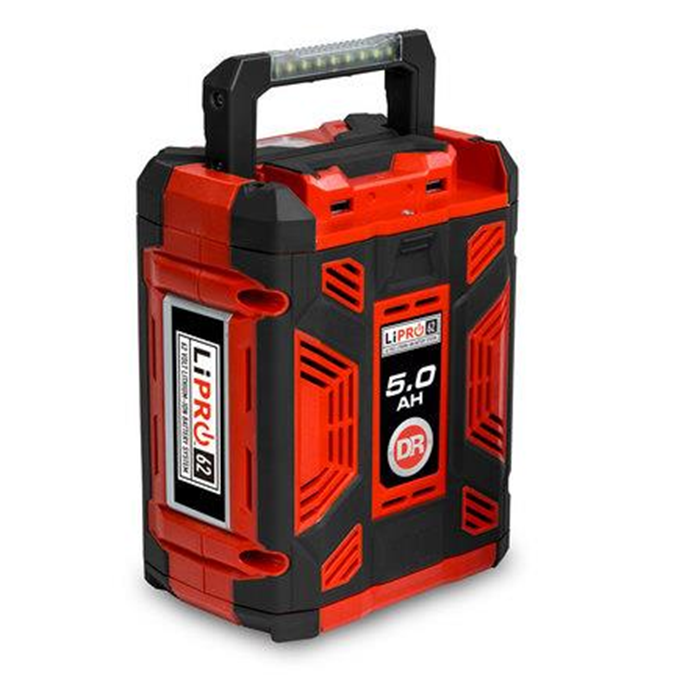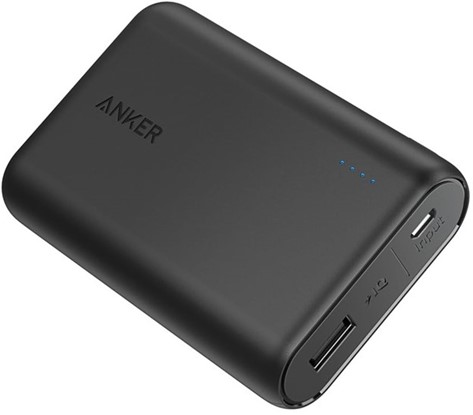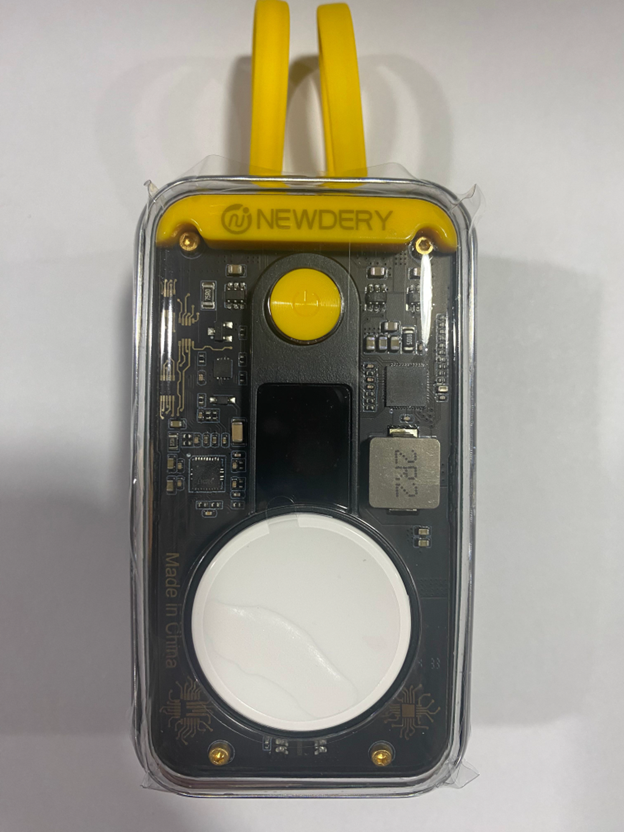
Amazon: Primed for Trouble?
Overview | Blog Posts | Subrogation & Recovery | Scott Hefner | Related | Print | Share
September 4, 2020
|
Amazon recently suffered a loss when a California appellate court found that Amazon could be held strictly liable for defective products sold by third parties through Amazon’s website. Amazon has for many years argued it is not responsible for defective products sold on its website by third parties. In Bolger v. Amazon.com, LLC,1 the plaintiff purchased a replacement laptop battery on Amazon. The listing for the battery identified the seller as “E-Life,” the fictitious name used on Amazon by Lenoge Technology (HK), LTD. Several months after the purchase, the battery exploded causing the plaintiff serious injuries. The plaintiff sued Amazon for strict products liability, among other causes of action. Amazon defended the case for several years and moved for summary judgment arguing it did not manufacture, distribute, or sell the defective battery and therefore could not be strictly liable. The trial court agreed and dismissed plaintiff’s case. Plaintiff appealed. On appeal, Amazon argued it was merely an “online marketplace and logistics operation” service provider and could not be held strictly liable for the defective battery because it did not manufacture, distribute, or sell the battery. The court was unpersuaded by Amazon’s reliance on the dictionary definitions of “seller” and “distributor,” and Amazon’s characterization of its business as merely a “service.” Instead, the court found that Amazon played a pivotal role in bringing the battery to the plaintiff. Amazon took possession of the battery and stored it in Amazon’s warehouse until the battery was purchased. Amazon created the product listing for the battery and attracted the plaintiff to Amazon’s website. Amazon received payment for the battery and shipped it to the plaintiff in an Amazon box with an Amazon receipt. The court also found that Amazon exerted significant control over Lenoge. Amazon set the terms of its relationship with Lenoge and controlled the conditions of Lenoge’s sales. Amazon limited Lenoge’s access to customer information and forced Lenoge to communicate with customers through Amazon’s website. Amazon charged Lenoge a substantial fee for each transaction and demanded indemnity from Lenoge in case there was a problem with Lenoge’s products. On these facts, the court reversed the trial court and found that Amazon could be held strictly liable for the defective battery. The court noted that the principles of strict liability must keep “abreast of the times” and be applied to the economic realities of the online marketplace. The court found that holding Amazon strictly liable for the defective battery furthers the policies underlying the cause of action. In many cases, due to foreign manufacturers, Amazon is the only member of the distribution chain available to an injured party. Amazon is also in the position to exert substantial influence on third-party sellers to ensure their products are safe and to compensate injured consumers. California’s product liability laws are interpreted more broadly than those of other states. In other jurisdictions, Amazon has successfully defeated claims for products liability because it does not meet the traditional definitions of “seller” or “distributor.” (See Erie Ins. Co. v. Amazon, Inc., 925 F.3d 135 (4th Cir. 2019)). It is yet to be seen if courts in other states will follow California’s “pivotal role” approach, or if they will follow the traditional “definition” approach used in other jurisdictions. The full opinion, Angela Bolger v. Amazon.com, LLC, can be found here. For any further questions, please contact Scott Hefner. |
| 1 Bolger v. Amazon.com, LLC, D075738 (Cal. Ct. App. 4th Dist. 2020). |



